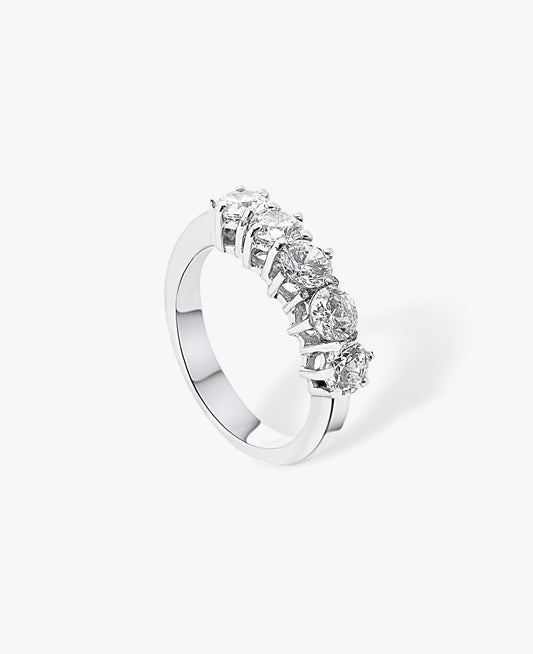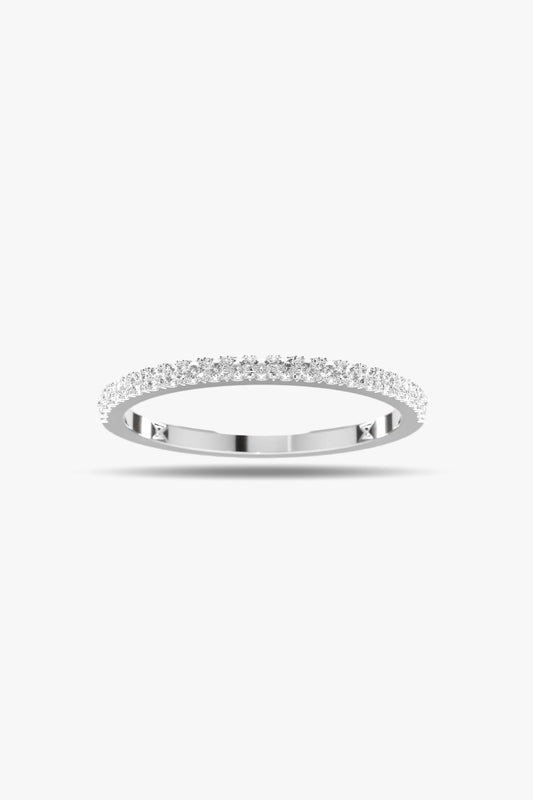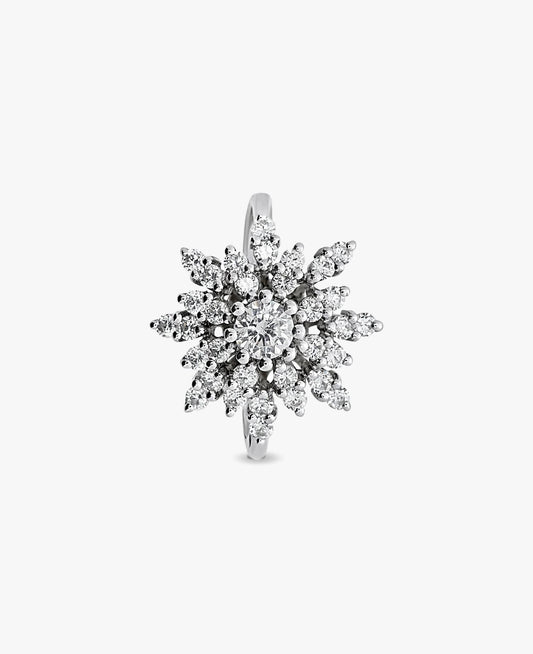The crisis and scarcity of raw materials in the production sector has been reinforced as a problem in the last months. But there is a bigger crisis that has been following us for decades: climate change.
It is no secret that we are the ones encouraging change at alarming rates, with devastating and irreversible consequences.
However, it is not too late.
It seems as if the generations that are currently occupying high positions are those leaving the solutions for the ones to come, and, in some way, they are not wrong. We will know how to find them. In my generation, there are more and more of us who bet on sustainability and ethical consumption, but we cannot leave it all for tomorrow.

Next to this defence of sustainable consumption, there are some right counterpoints that arise: can everyone afford to consume ecological products and items? The answer is no, it is not that simple. Traditional industry is made to produce products in bulk with a very short lifespan, exacerbating consumption and at the same time, creating false needs in the consumer. The low qualities at which they are produced (as well as the very well-known precarious working conditions) generate rock-bottom prices, attracting those who cannot afford better quality and higher-priced products, which are in turn, those who are hired by this type of industry. Unsustainable and mass production seems to be for the people, but it is, above all, at the expense of the people.
At first sight it would seem as if the logical solution to excessive production would be exclusive production. Nevertheless, the modus operandi of the traditional luxury industry still has a lot of problems to this day: as we have previously mentioned in other entries about the fast-fashion industry and traditional luxury, it appears that traditional luxury businesses follow the line of praising themselves through the rejection of the standard consumer instead of being accessible to the “higher” customer.

Climate change is a modern problem and requires modern solutions
Ethical luxury holds the key: a production system based on a sustained and sustainable production, with recycled materials or ones that come from ethical and renewable sources that do not exploit the Earth nor its workers. The focus of this luxury is not put on the differentiation of one another due to the products they can afford, but rather on the privilege that supposes being able to consume in a responsible and solidary way towards our planet. As it is a much more reduced way of operating, it is guaranteed that every part that contributes to its development will have the benefits that correspond to them, with good and fair working conditions.
Despite having a higher cost, it is necessary to guarantee the good life of the workers, the items and the Earth.
This new way of creating seeks to go from being what we consider nowadays a “luxury” to what every citizen can afford. Sustainability is paving the way we should follow.
Moreover, thrift-shopping (buying secondhand clothes) and slow fashion (hand-made products created in very low quantities) are the new trends among young people. Thanks to social media and a bigger environmental awareness that is spreading massively everywhere, quality over quantity is being favoured, encouraging people to buy more expensive and good quality items that will last longer rather than low-end accessories and clothes that are easily disposable.
Sustainable luxury requires a compromise with the environment and society that may not have been the priority to date, but that it is for those who are coming. Change can be done effectively in the mentality of those of us who make up the future, but words mean nothing if the ones in charge of production do not change their actions. This new industry will form the times to come and for it to work, it is of vital importance that producer and consumer shake hands.












